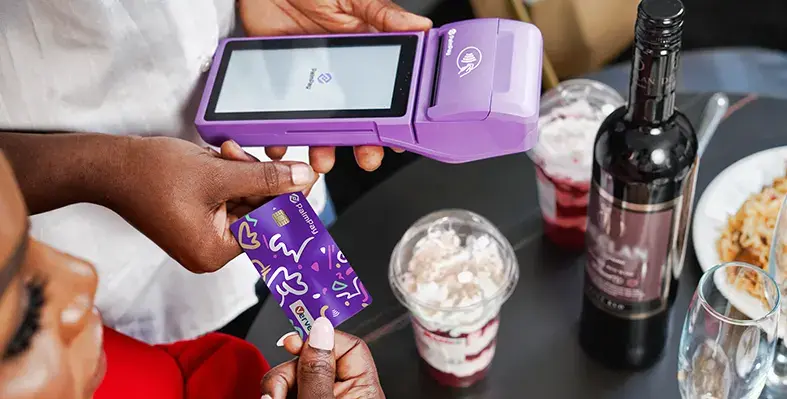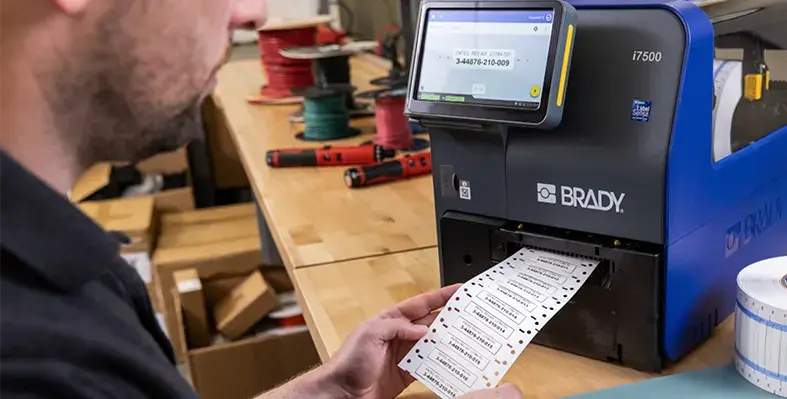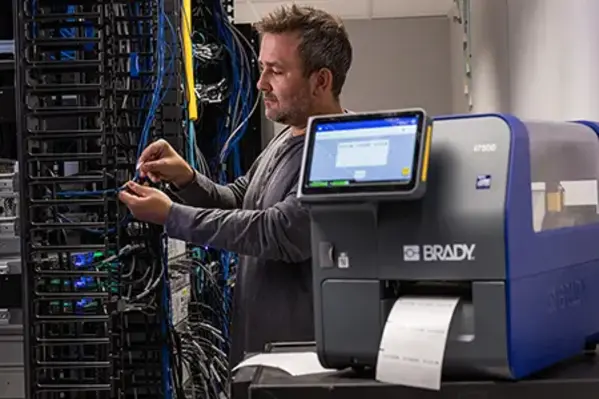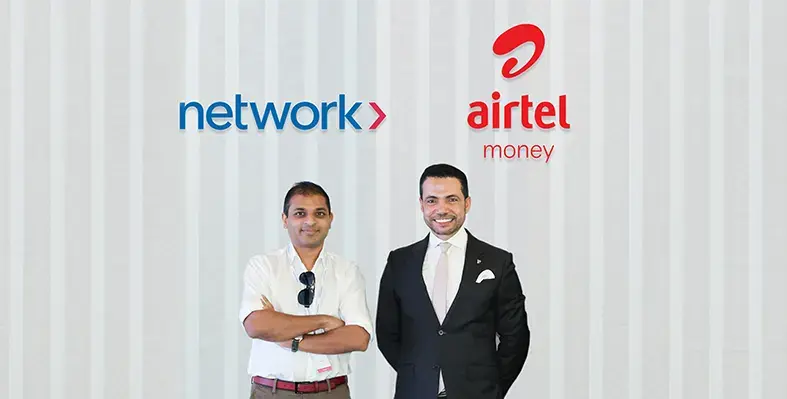Cross Switch, a prominent provider of cutting-edge payment technologies, has achieved a major milestone by obtaining its own Third-Party Payment Processor (TPPP) licence
Granted by the Payments Association of South Africa (PASA) and backed by Absa, this licence positions Cross Switch as a more powerful player within South Africa’s payments framework. It follows closely on the heels of the company’s recent approval as a Visa Payment Facilitator (PayFac).
The company has introduced its adaptable payment platform (CS+) to the South African market, bringing scalable, agile solutions tailored for business growth. With this licence in place, Cross Switch is now authorised to onboard merchants, fintechs, and charitable organisations independently—significantly broadening its capabilities and reach within the country.
With this move, Cross Switch reaffirms its focus on delivering robust, compliant, and flexible payment services, custom-built for South Africa’s commercial and non-profit sectors.
Through its newly licensed status, Cross Switch offers merchants a versatile API that enables smooth transaction processing both within South Africa and across major African economies, including Kenya, Morocco, and Ivory Coast. For businesses exploring opportunities in Latin America, CS+ also supports markets such as Brazil, Argentina, Mexico, and Chile—with more destinations on the horizon.
“This is a vital step in expanding our network and strengthening our presence across the continent,” said Mark Chirnside, CEO of Africa, Cross Switch. “By enabling local merchants with multiple payment options, we’re empowering African businesses with the tools to reach broader markets and unlock growth opportunities.”
With a growing merchant base in South Africa and more than 1,000 businesses already using CS+ across Africa, Cross Switch is now poised to accelerate its local onboarding efforts and market integration. This strategic expansion will help South African enterprises tap into international payment options through a single, user-friendly API.
The company views this development as a key progression in its mission to offer modern, inclusive, and scalable payment solutions that address the needs of both enterprises and non-profits. Its dynamic platform supports business growth while promoting financial inclusion across the board.
“Investing in South Africa is a strategic priority for Cross Switch,” remarked Tim Davis, Group CEO of Cross Switch. “We’re resourcing up locally to ensure we’re ready to meet growing demand, and this licence and certification enable us to deliver world-class payment services that are both agile and scalable.”
Looking ahead, Cross Switch plans to fast-track product enhancement, broaden its payment capabilities, and integrate intelligent reconciliation engines—all built on a foundation of strong risk management and fraud protection.


























